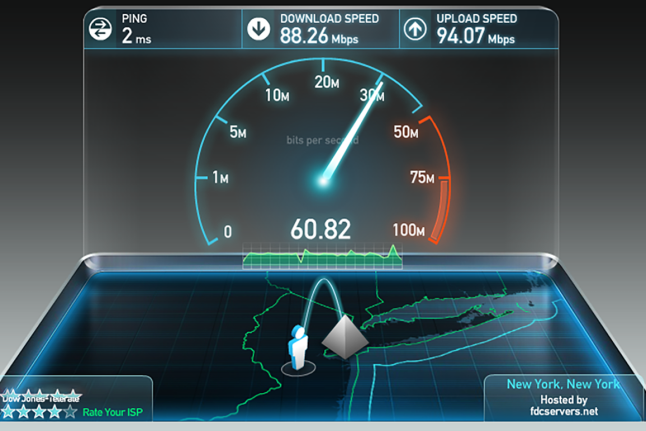Optimal Bandwidth for IPTV Streaming
The required bandwidth for streaming greatly depends on the coding format used. Various formats, such as H264, are designed to ensure superior image quality while offering significant compression. However, other formats may achieve less compression, affecting the overall bandwidth requirements. Different coding methods, therefore, demand varying amounts of minimum bandwidth. Typically, streaming requires at least 25 Mbps for standard-definition (SD) channels and 30 Mbps for high-definition (HD) channels. What is IPTV?
The average bandwidth requirements for streaming are as follows:
- 25 Megabits per second – Recommended for Standard Definition (SD) quality.
- 30 Megabits per second – Recommended for High Definition (HD) quality.
- 50 Megabits per second – Recommended for Ultra High Definition (UHD) quality.
- 100 Megabits per second – Recommended for 4K quality.
It’s important to note that these speeds are ideal when no other device is using the same bandwidth. Additionally, be mindful of peak traffic hours, which may affect performance.

How to check the internet speed
To check your internet speed, proceed to http://www.speedtest.net/ and click on “GO” Once the test is complete, you’ll be able to see your download speed, Upload speed, and Ping time to the server.
- Latency: Latency refers to the time it takes for a data packet to travel from its source to its destination. While some latency is unavoidable in any network, excessive latency or significant fluctuations can cause issues, especially in IPTV streaming.
- Packet Loss: Simply put, if the IPTV service doesn’t receive all the transmitted data packets, the TV can’t display the content. Since most IPTV devices lack a retransmit function, lost packets can result in a degraded viewing experience.
- Jitter: This refers to the rate at which latency changes over time. Although jitter is typically the least impactful of the three factors, it can still cause problems if it becomes excessive. Buffering on the receiving end can help mitigate jitter, but too much jitter may lead to further network complications, ultimately affecting the viewing experience.